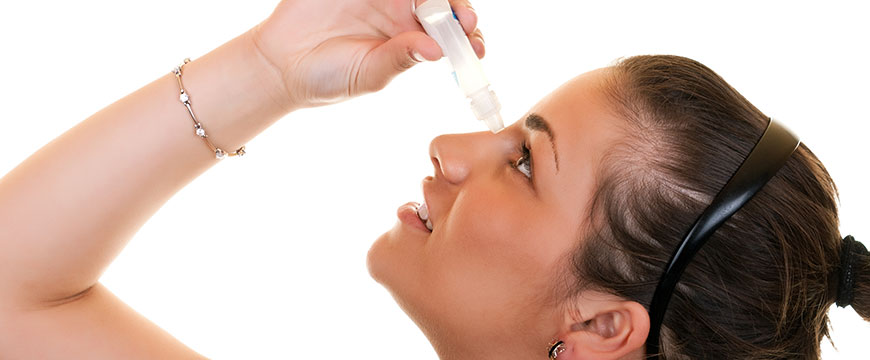
Summer is the season for having fun in the sun – the breezes, and cool beach water actually create humidity and warm conditions actually attract allergies.
For adults, summer allergies can become a nuisance at a minimum. For children, the summer allergy symptoms can be more disruptive and can exacerbate other medical complications. It has been discovered that allergies go hand-in-hand with other chronic illnesses like asthma, which can normally cause medical emergencies for children like asthma.
If you are curious to know how to fight allergies in the summer, you can find an allergy doctor. It would also be good if you are aware of what to do in order to prevent allergies during the summer. Read on to learn more:
Avoidance
You should keep your home allergen-free. Shut down the windows so the pollen stays out. You need to try staying indoors during the morning, and the pollen counts are high when it is windy. Remove your shoes and change clothes right away after you come indoors. Dust using a damp cloth and a vacuum cleaner with a high-efficiency particulate air (HEPA) filter every day. You must shower before bed so you can rinse off the pollen that you collect on your skin and hair throughout the day.
Allergy Shots
Immunotherapy or allergy shots is a further option for treatment when you have seasonal allergies. They work by injecting your body with small allergen doses over a couple of years to build allergen resistance.
If avoiding allergens and using medications are not helpful to your allergy symptoms, you must see an allergist to ask about different treatment options you can choose from.
Limit Your Exposure to Allergens
If you have pollen allergies, you can lessen pollen exposure by staying indoors when you can by using air conditioning aside from changing clothes and showering after going outside.
It would also be an excellent idea to monitor humidity levels using a hygrometer and ensure that humidity stays below 45%. You should pay attention to mold buildup inside your home and reduce any dampness when possible.
To keep track of allergy symptoms, you can look at ozone levels around your area and avoid any strenuous activities when there are high ozone smog levels.
Air Conditioning
Air conditioning – regardless if it is a central or window unit filters air so that allergens are unable to circulate. Even if you do not turn on the cool setting, make sure to run the fan. The air filter should be changed every 3 months at least, and you can consider one rated while having a minimum efficiency reporting value (MERV) of at least 11, which removes allergens a lot better than filters with a lower rating.
Wash Your Eyes
You can buy high-quality air filters for your HVAC. They can be more expensive, but normally offer maximum protection of up to 3 months compared to the normal filters that you normally have to change monthly.
Exercise
Allergy sufferers have discovered that running on a treadmill have found out that doing so for 30 minutes at moderate speed can significantly relieve symptoms like sneezing and congestion. Researchers have suggested that the workouts will benefit you because they can help in controlling allergy inflammatory proteins; in addition, exercise opens up nasal passages which eases congestion. The study does not check whether outdoor workouts can help as well.
Modify Your Diet
If you are allergic to certain pollens, symptoms might get worse after you eat them. For instance, cherries and apples react with birch tree pollen, and cucumbers with ragweed.
You can also talk to an allergy specialist doctor Germantown MD.